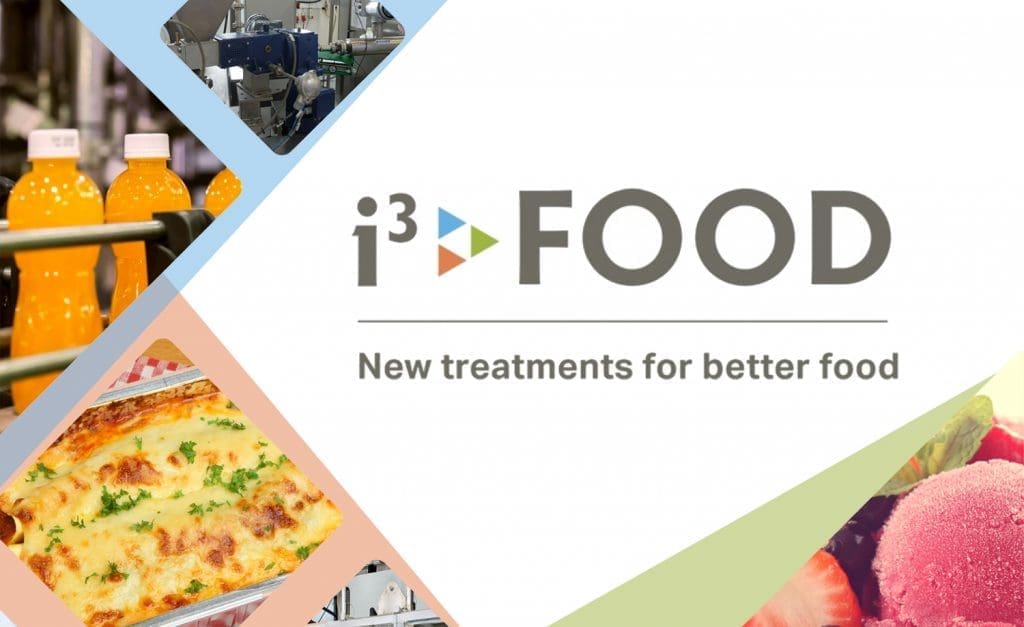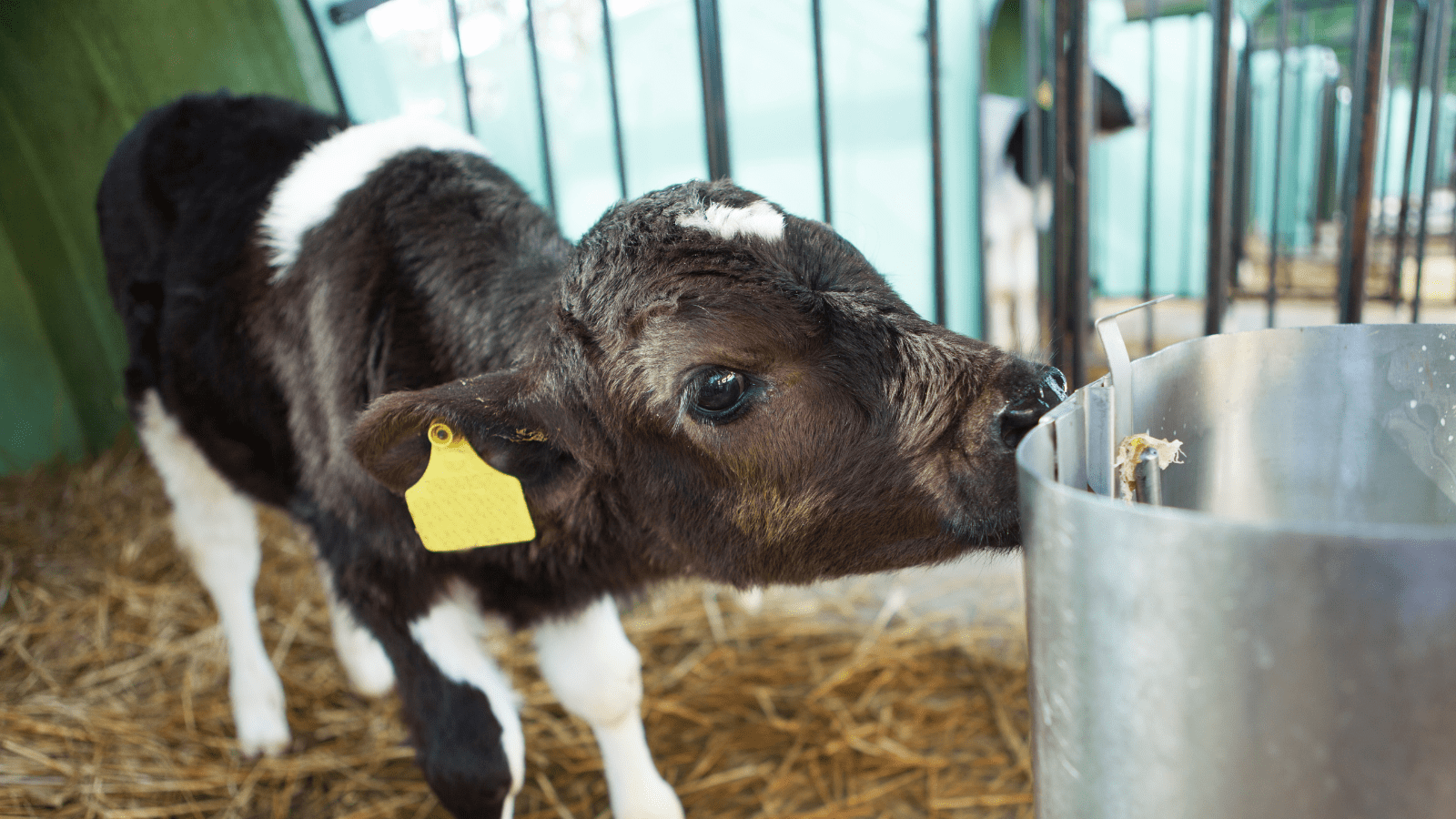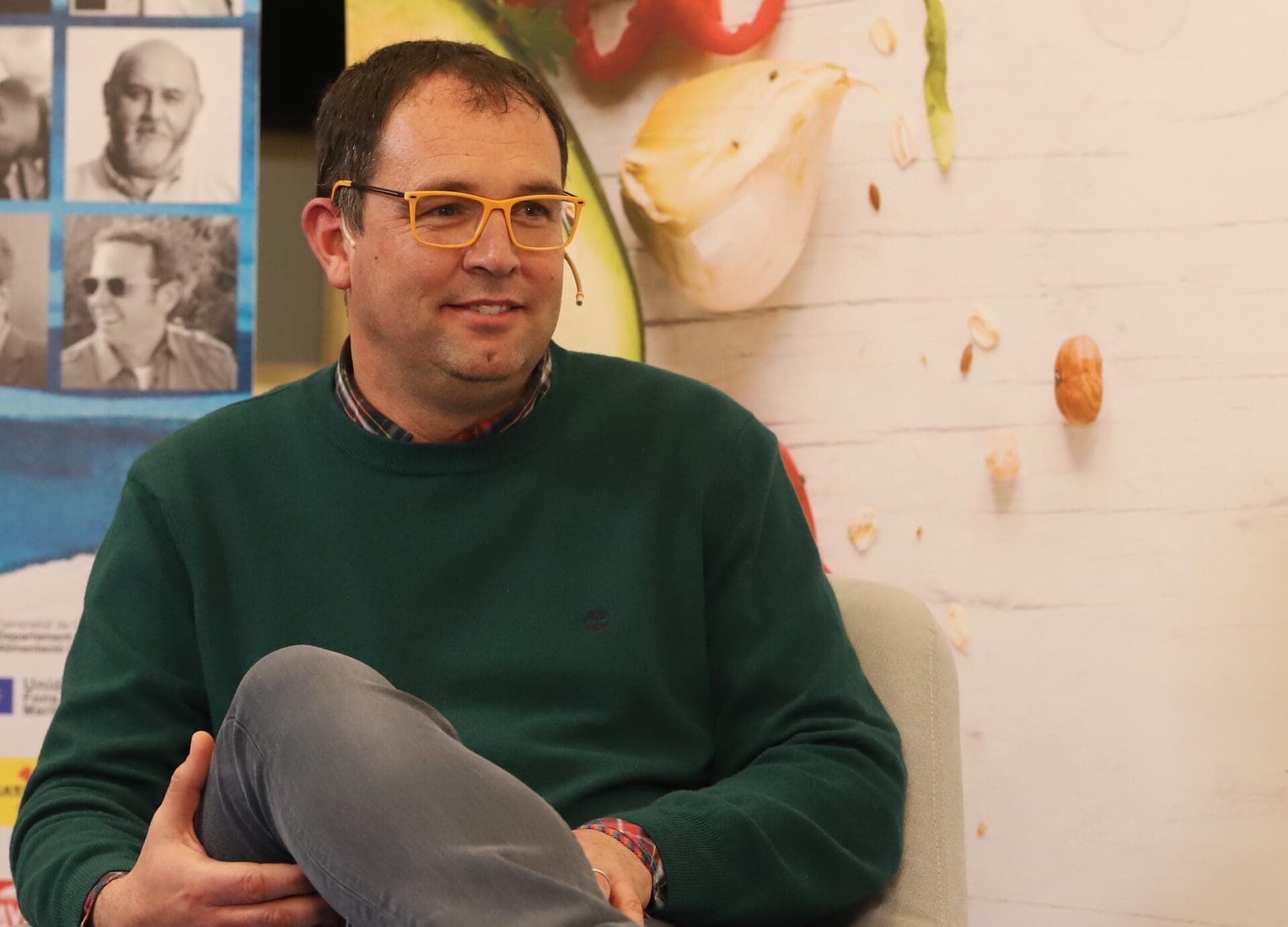
These 3 food processing technologies are: the Pulsed Electric Field Preservation (PEF-P), that uses short electric pulses to assure microbial inactivation in food products, while preserving the fresh characteristics; The High Pressure Thermal Sterilization (HPTS), that uses high pressure to reduce the thermal impact on the products, as compared to other thermal sterilisation processes; and the Low Shear Extrusion (LS-Extrusion) at low temperature based on planetary roller extruder, that improves sensory qualities in products like ice cream.
These 3 food processing technologies have in common their novelty, their clear advantages for the food industrial and their difficulties for implementation. From the i3-food project, we have identified those barriers and designed a plan to help in a wider implementation of these technologies. Although these technologies have been developed in recent years and technical advantages have been made in terms of time savings, energy savings, extending of shelf life for 'ready to use' products, the implementation of these technologies in industrial food production is still rather limited.
The reasons for that are manifold and vary from low acceptance or rejection by consumers to non-open market access or lack of knowledge and information among food producers on how to integrate novel technologies. Taking the risk and investing in an improvement of their processing lines is one of the main hurdles for the industry, especially for small and medium-sized enterprises (SME) in food processing. There is neither the time nor the resources available that are needed for the implementation of new non-standard processes.
But what have been the milestones of the i3-food project?
One of the project's objectives was to resolve the lack of continuous process control in these novel technologies, somewhat very important when a little difference in temperature can suppose a great energy save or a safer and/or better product (e.g. by avoiding under or overtreatment). Regarding this, the project has achieved to develop validated sensors (or sensor type measurements) to control the process on line.
A fully and evaluated HACCP (Hazard Analysis and Critical Control Points) concept has been developed for each technology, providing to interested stakeholders with a systematic preventive approach to food safety from biological, chemical, and physical hazards in production processes, and design measurements to reduce these risks to a safe level.
The focus of i3-food is an applied research, so one of the project's objective was the application of each technology under real life operation conditions. Regarding this, the market barriers and market entrance hurdles (as user demands, or consumer acceptance) for the implementation of the i3-food technologies have been analyzed. Also, we have explored the application opportunities beyond known use cases, taking into account economical, ecological and social aspects. All of this to achieve a cutting edge strategy for overcoming the market barriers and ensure a maximum market uptake. For a fast and easy market penetration we have performed an analysis of the innovation environment and identification of opportunities, leading to 3 roadmaps for market uptake (one roadmap per technology).
Finally, all this research and hard work need to arrive to the interested stakeholders, food sector companies and consumers, ensuring that they all can learn about the features and benefits of the i3-food assessed technologies. For this reason, during the last 3 years we have disseminated the project activity, not only via internet (i3food.eu and Linkedin) but also on international food sector events across the world (FoodInnova, SnaxPo, Drinctec, EFFoST...).
Also,for interested food companies, i3-food consortium partners also have hosted open demo days to show every technology at DIL & Elea centers (Germany), Wageningen Univerity (Netherlands) and IRTA (Spain). And moreover, from i3-food project we have offered the possibility for food companies to perform some confidential tests with their products using any of the 3 target processing technologies. Since December 2017, more than 10 companies of the food sector have already participated in these tests.
In order to work in this project, IRTA has been part of an European consortium, along with 3 research and technology organizations (DIL, Wageningen University Research and Fraunhofer ISI) and 6 companies (Elea, DMK, Foodcase, Entex, Hoogesteger and Ërdbar). This project has been supported by the European Commission under the H2020 Framework Program for Research and Technological Development with a total cost of 2.3 M€.
If you want to know more about the i3-food project you can contact with the project consortium through the website i3food.eu.


